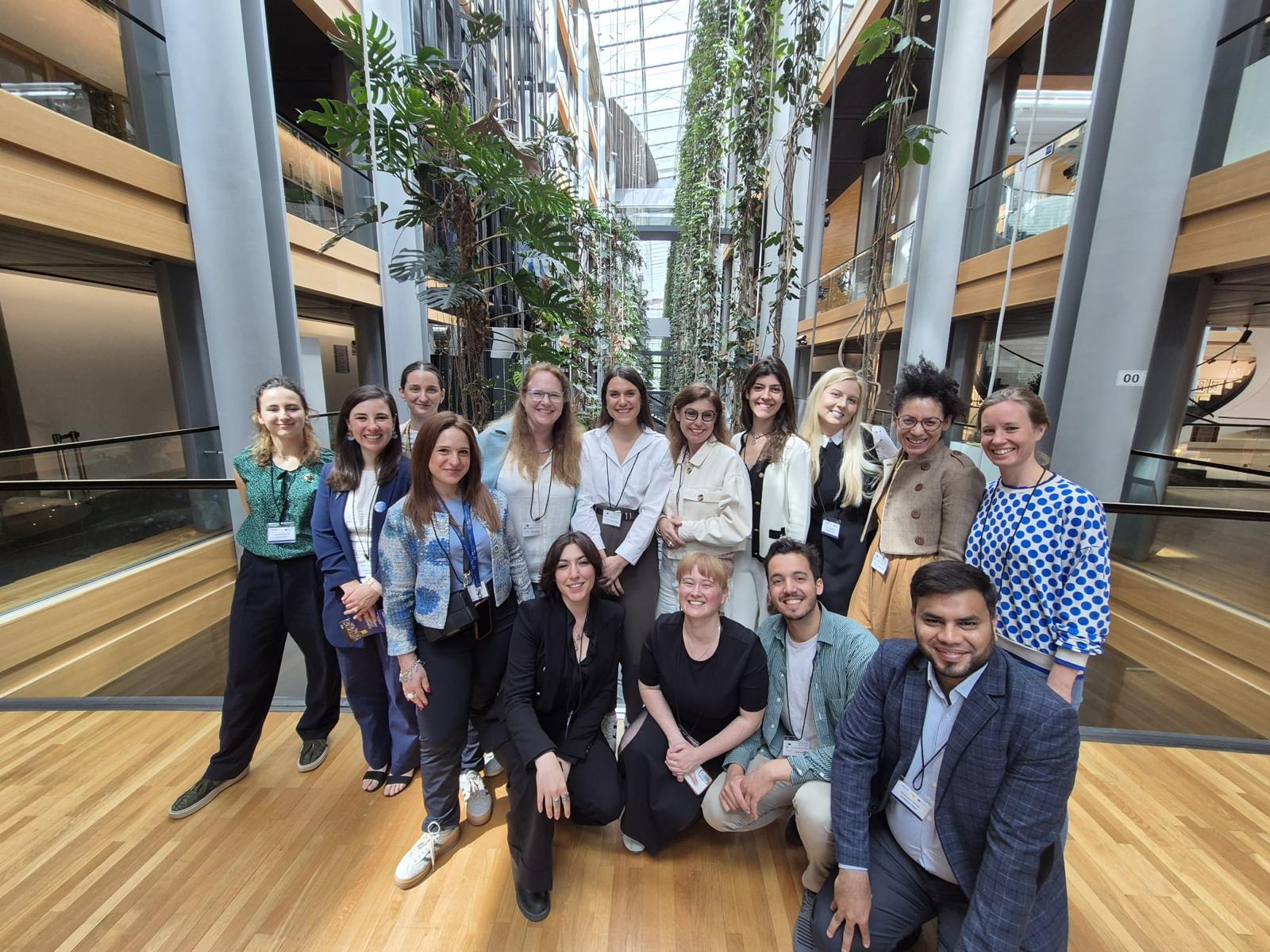
From AI and sustainability to democracy and digital rights — 250 students from across Europe gathered in Strasbourg for the European Student Assembly 2025, turning ideas into policy in the symbolic heart of the EU. Among them, five students represented the EDUC Alliance, actively shaping the conversations that matter for tomorrow.
From 26 to 28 May 2025, Strasbourg hosted the fourth edition of the European Student Assembly (ESA) — one of the most significant events in the landscape of European higher education. Held at the prestigious European Parliament, the event gathered over 250 students from 52 European University Alliances to engage in a shared reflection on key societal issues such as sustainability, digital transformation, democratic participation, and active citizenship.
The EDUC Alliance – European Digital UniverCity took part in the event with five students from partner universities, accompanied by Carlotta Loi (University of Cagliari) and Christiane Böker (University of Potsdam), both Community Managers within the Alliance. In addition to their active participation in the Assembly's working sessions, EDUC was also present at the Alliances Village – a dedicated space for the exchange of good practices and the development of synergies among the more than 50 European University Alliances.
At the heart of the Assembly were the thematic panels, each focused on a strategic topic for the future of Europe – from ecological transition and artificial intelligence to mental health, social rights, and youth participation in democracy. Within these panels, students developed concrete proposals and policy recommendations through an interdisciplinary and collaborative process. The final resolutions, which summarised the outcomes of each panel, were voted on during the plenary session held on 28 May in the Schuman hemicycle of the European Parliament in Strasbourg, highlighting the critical role of student voices in the EU policy-making process.

This experience reinforced the importance of empowering students to actively contribute to discussions on the future of Europe — not merely as policy recipients, but as informed and proactive actors, capable of offering inclusive and forward-looking perspectives on global challenges.
The event also confirmed the essential role of cooperation between European University Alliances in fostering international collaboration, promoting shared learning, and creating new opportunities for students, researchers, and staff across Europe.